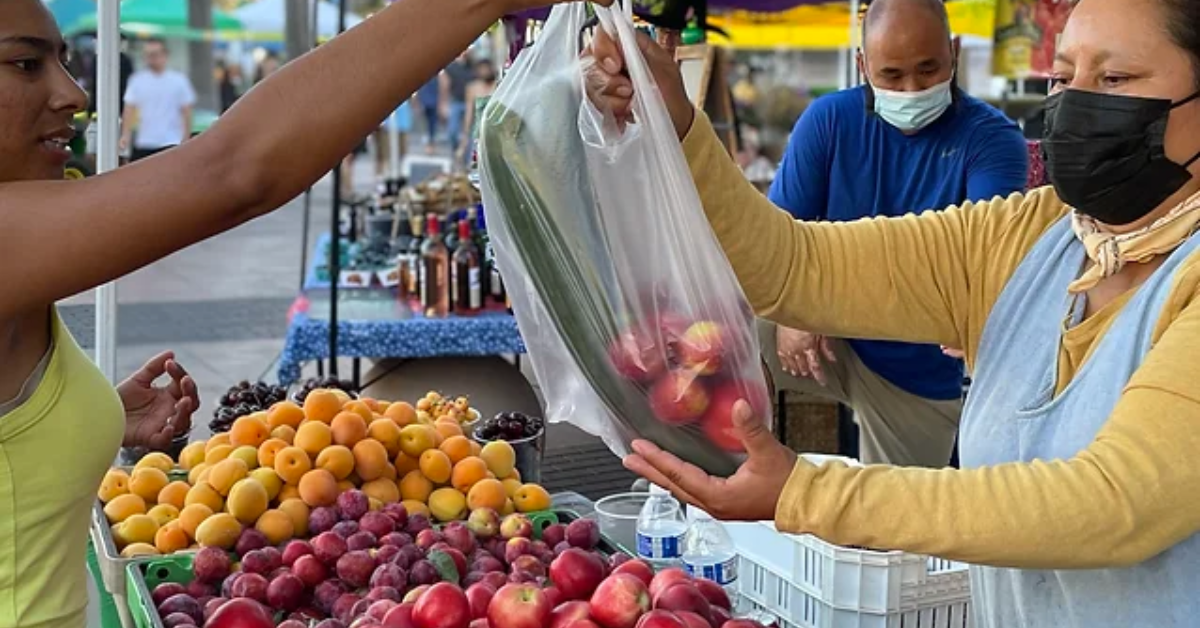While Rep. TJ Cox (D–Fresno) continues to owe Uncle Sam payment for years worth of taxes, two of his businesses received six-figure forgivable loans through the Federal government’s coronavirus relief program, new Federal data shows.
Two firms linked to Cox received between $300,000 and $700,000 in taxpayer-backed, forgivable loans through the Paycheck Protection Program.
The two firms, California Custom Processing and Sierra Meadows Senior Living LLC, were prominent elements of Cox’s 2018 campaign against then-Rep. David Valadao (R–Hanford).
Cox’s commercials frequently featured the businessman perusing the California Custom’s nut processing plant located in Madera County.
Meanwhile, Valadao’s camp launched salvos against Cox’s business bona fides related to Sierra Meadows Senior Living, which operates the Fresno-based Bella Vista Memory Care.
The Valadao campaign highlighted a lengthy list of license violations and lawsuits stemming from the facility, including a pending lawsuit over lack of supervision that resulted in a patient losing his eye after being assaulted by his roommate.
As of Cox’s most-recent financial disclosure report, he still maintains a stake in both companies.
According to recently-released Small Business Administration data, the two firms were recipients of Paycheck Protection loans worth between $150,000 and $300,000 each.
The program allows firms to have their loans forgiven for maintaining workforce on payroll for eight weeks following the loan so long as the loan funds are used for payroll expenses, utilities, mortgages or rent for that business.
Despite the multiple six-figure sums from the U.S. Treasury and the Small Business Administration as coronavirus relief for his companies, Cox himself still owes his own six-figure sum in unpaid taxes to the Federal government.
In early February, the Internal Revenue Service placed a lien on Cox and his wife, pediatrician Kathleen Murphy, for $145,000 in unpaid taxes for tax year 2017 and 2016.
The lien lists roughly $87,000 in unpaid federal income tax for 2016 and around $57,000 in unpaid income tax for 2017.
The February lien was not Cox’s first with the IRS. Cox previously had a $48,000 lien placed on him for unpaid Federal income taxes in 2015, which he paid in 2017.
In March, the California Franchise Tax Board – the state’s income tax agency – issued a lien against Cox and his wife, Kathleen Murphy, over an unpaid $30,482 state income tax bill from 2017.











